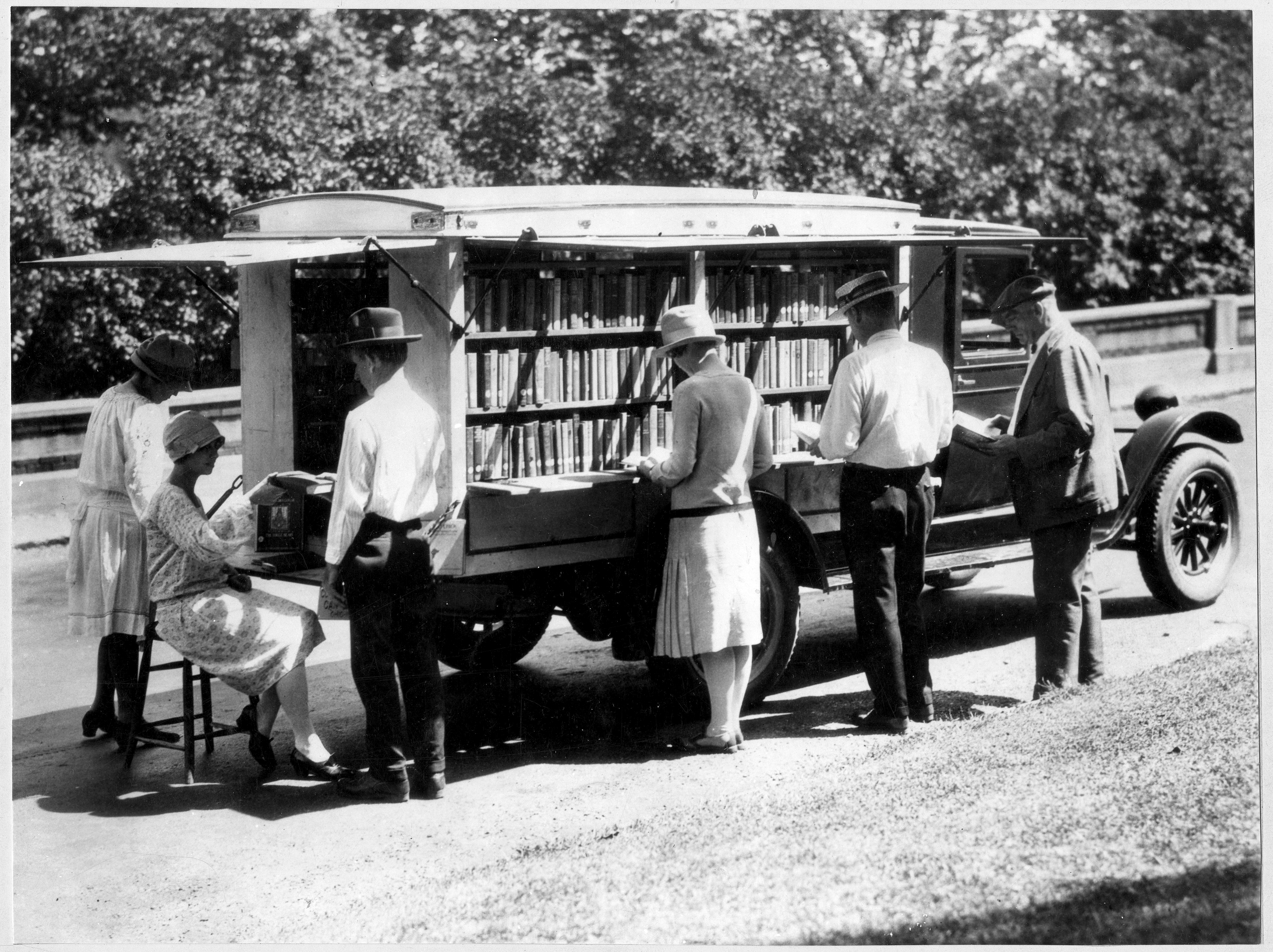Close Reading: An Art for Everyone
In Sigrid Nunez's novel The Friend, we are introduced to a narrative that deeply explores human emotions and complexities. What stands out in the story is the frustration expressed by a protagonist over how books are perceived—as mere consumables rather than profound experiences. This sentiment rings true in our fast-paced digital age, where "close reading" becomes a necessary practice to truly engage and understand the art of literature.
The Art and Science of Close Reading
Close reading is often associated with the meticulous analysis of literary texts but goes beyond this narrow definition. It is a skill that enhances comprehension and appreciation by focusing on the subtleties of language, structure, and meaning. A well-practiced reader finds connections not immediately apparent, offering a richer understanding of texts.
The Relevance of Close Reading in Modern Times
As we increasingly consume content at unprecedented speeds, the need for close reading becomes ever more apparent. Not only does it allow us to savor the intricacies of literature, but it also equips us with the ability to critically engage with diverse texts—from news articles and social media posts to academic research and professional documents.
According to literary critic Harold Bloom, "Reading well is one of the great pleasures that solitude can afford you," emphasizing the intrinsic value of close reading.
"Books are a uniquely portable magic." – Stephen King
This magic that King refers to is unlocked through patient and thorough reading. Close reading encourages mindfulness, inviting readers to immerse themselves fully in a text, thus allowing its inherent magic to unfold.
Practical Tips for Cultivating Close Reading
- Read with a pencil in hand to annotate thoughts and reactions.
- Pause to reflect on passages that stir strong emotions or thought.
- Ask questions about the text's context, characters, and themes.
- Discuss insights with others to gain diverse perspectives.
Employing these strategies not only enhances the reading experience but also improves cognitive skills like critical thinking and empathy.
Resources to Enhance Your Reading Journey
How to Read a Book: The Classic Guide to Intelligent Reading is a fantastic resource for anyone seeking to deepen their reading skills. Additionally, exploring literary reviews and joining book clubs can provide the social elements that complement solitary reading.
Engage with social media pages dedicated to literature and thought leadership, such as LinkedIn Pulse, to remain updated with contemporary discussions on literature.

Investing time in the practice of close reading is akin to sharpening a skilled craft. In our global society where content is abundant, the ability to read closely becomes not only a tool for enjoyment but also a necessity for informed and conscientious living.
For additional insights and reading methods, consider taking a dive into YouTube channels that focus on enhancing reading skills and literary appreciation. These platforms offer visual and interactive guides to help refine your approach to reading.
